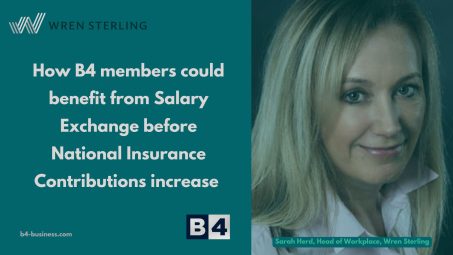
MTD for Income Tax Self Assessment Delayed
The introduction of Making Tax Digital (MTD) for Income Tax Self-Assessment (ITSA) has been delayed to April 2024, giving businesses and landlords breathing room to prepare for the changes needed to ensure that they are compliant.
The changes now mean that businesses and landlords with income over £10,000 per annum in the tax year beginning April 2024 will have to ensure they have suitable software in place to be able to keep digital records and submit their income tax self-assessment. General partnerships will have until the tax year beginning April 2025, and the date other type of partnerships will be required to join is yet to be confirmed.
MTD for ITSA will mean businesses and landlords will be required to send a quarterly summary of their business income and expenses to HMRC using MTD compliant software, and in return they will receive an estimated tax calculation with the aim of helping users budget for their tax requirements. At the end of the year, instead of submitting a self-assessment tax return, users will instead add any non-business information and finalise their tax affairs using their MTD software.
At a time of continued pressure on business owners, the change of date will be welcomed by many who will benefit from the additional time to get their MTD software set up. As always, we recommend that you speak to your current Wenn Townsend contact, or contact Helen Smith our Private Client Tax manager, with any queries you have. For clients who will be impacted by the MTD for ITSA changes, we will continue to be in touch to ensure you are ready and have a number of solutions that we are happy to recommend.
More in Finance

How B4 members could benefit from Salary Exchange before National Insurance...
Sarah Herd, Head of Workplace, Wren Sterling

UK Bond Market: What You Need to Know
The UK government bond market is once again making headlines as yields on longer-term debt surge to levels not seen in decades. This latest development has raised concerns among investors and policymakers, presenting significant challenges for the government’s fiscal plans.

B4 Finance Ecosystem: The specific opportunities and challenges that women encounter...
Charles Stanley are committed to fostering a proactive approach to investing and their goal is to empower women to make well-informed financial decisions and capitalise on potential growth opportunities. They also strive to support women in crafting their unique financial narratives, enhancing their knowledge, and understanding of investment strategies, and building a robust and influential female network.
From this author

Energy Bill Relief Scheme launched
The Business Secretary Jacob Rees-Mogg has announced the launch of the new Energy Bill Relief Scheme to help cut energy bills in the non-domestic sector. The new scheme will cover all non-domestic energy customers, including UK businesses, the voluntary sector, for example charities and the public sector such as schools and hospitals.

How the VAT Reverse Charge works
The VAT domestic reverse charge accounting mechanism was put in place to help prevent criminal attacks on the UK VAT system by means of sophisticated fraud.

Small Business rate relief
Business rates are charged on most non-domestic premises, including most commercial properties such as shops, offices, pubs, warehouses and factories. Some properties are eligible for discounts from the local council on their business rates. This is called business rates relief. There are a number of reliefs available including small business rate relief, rural rate relief and charitable rate relief.

